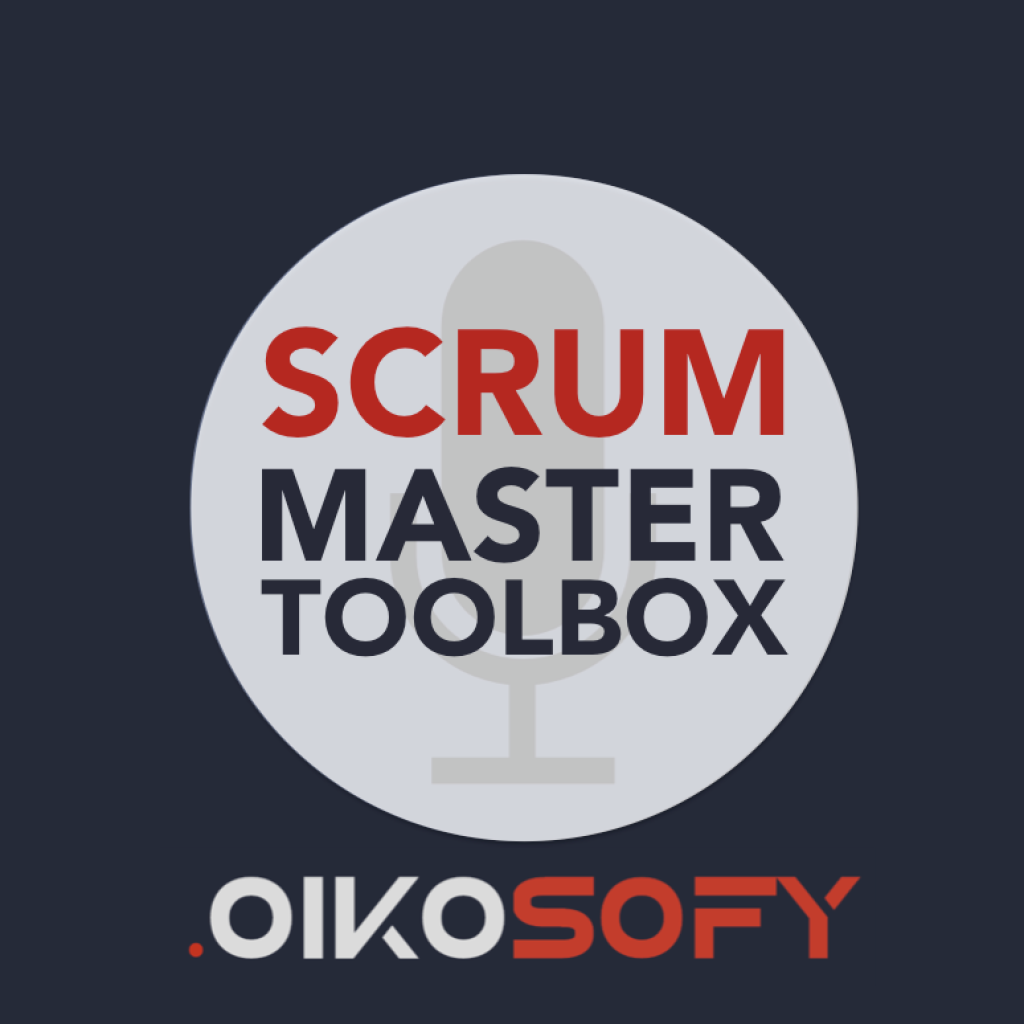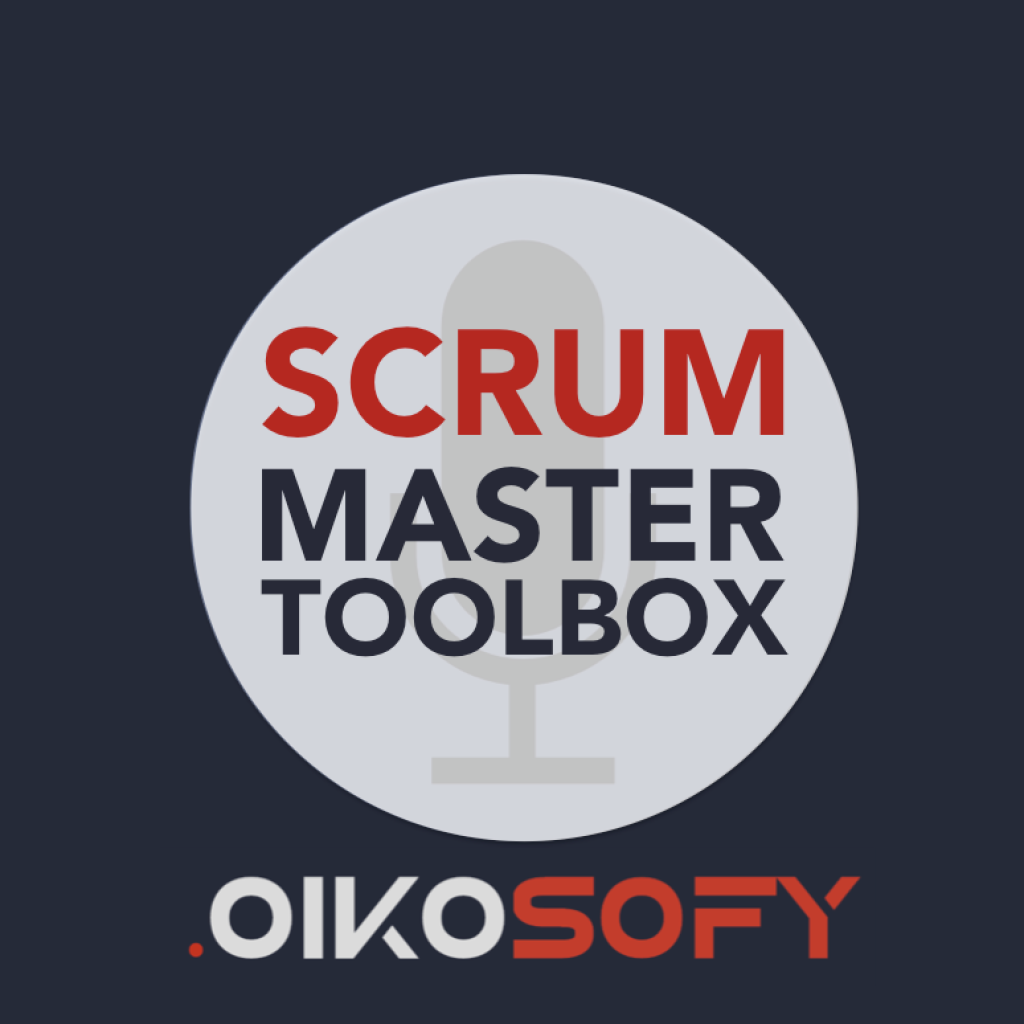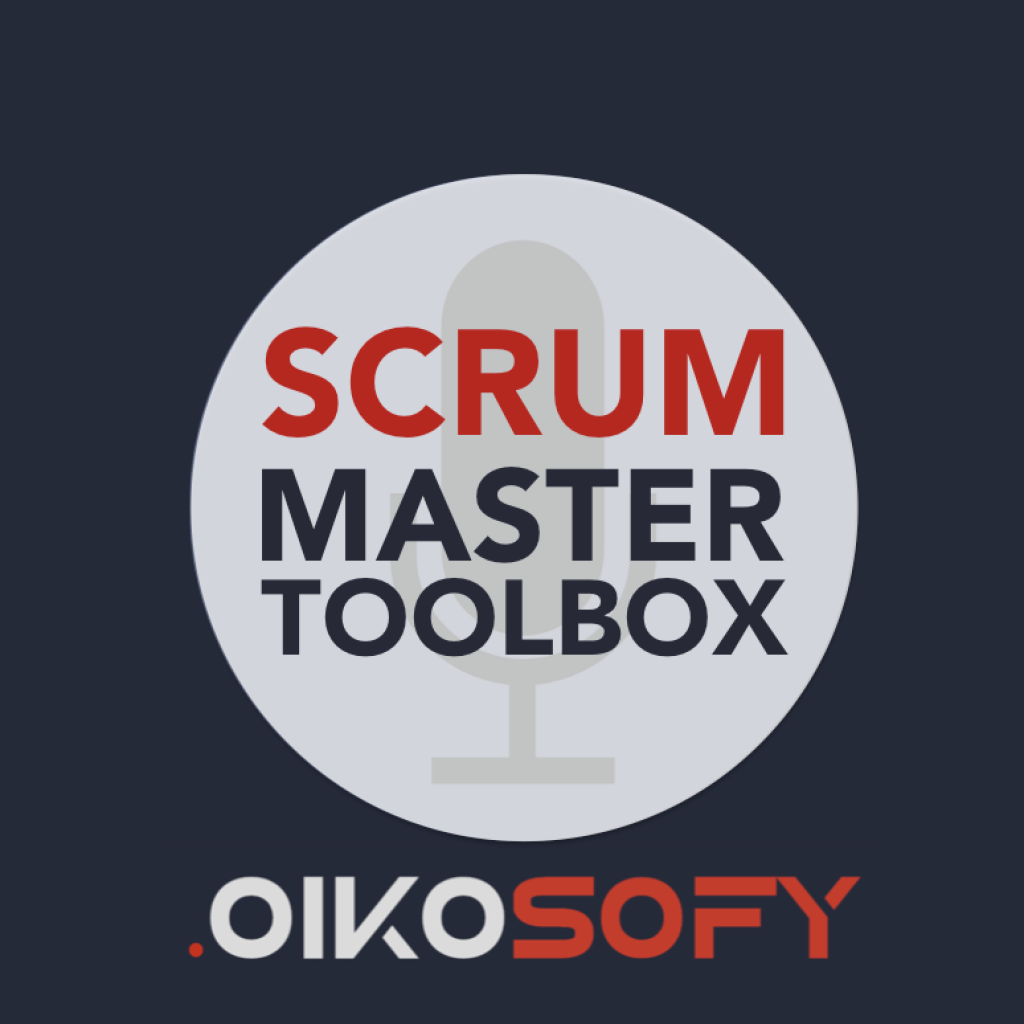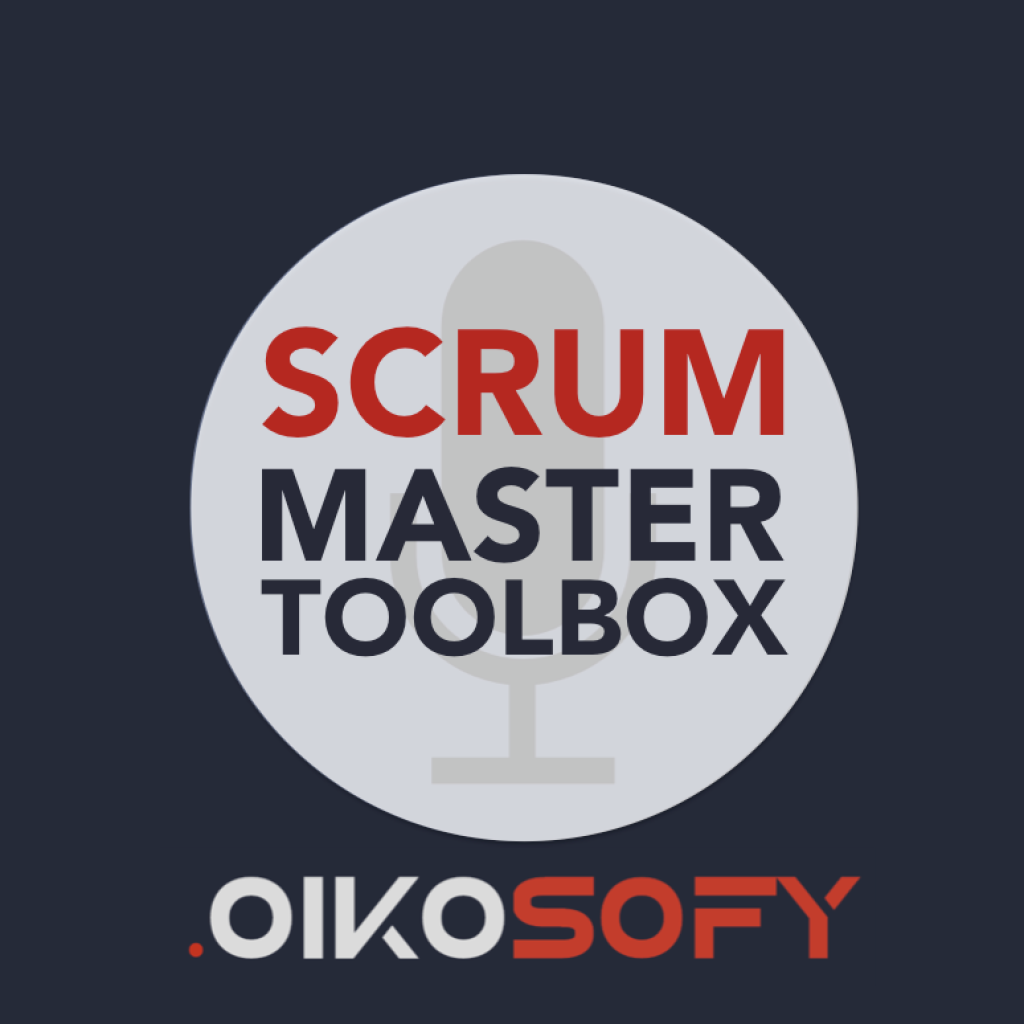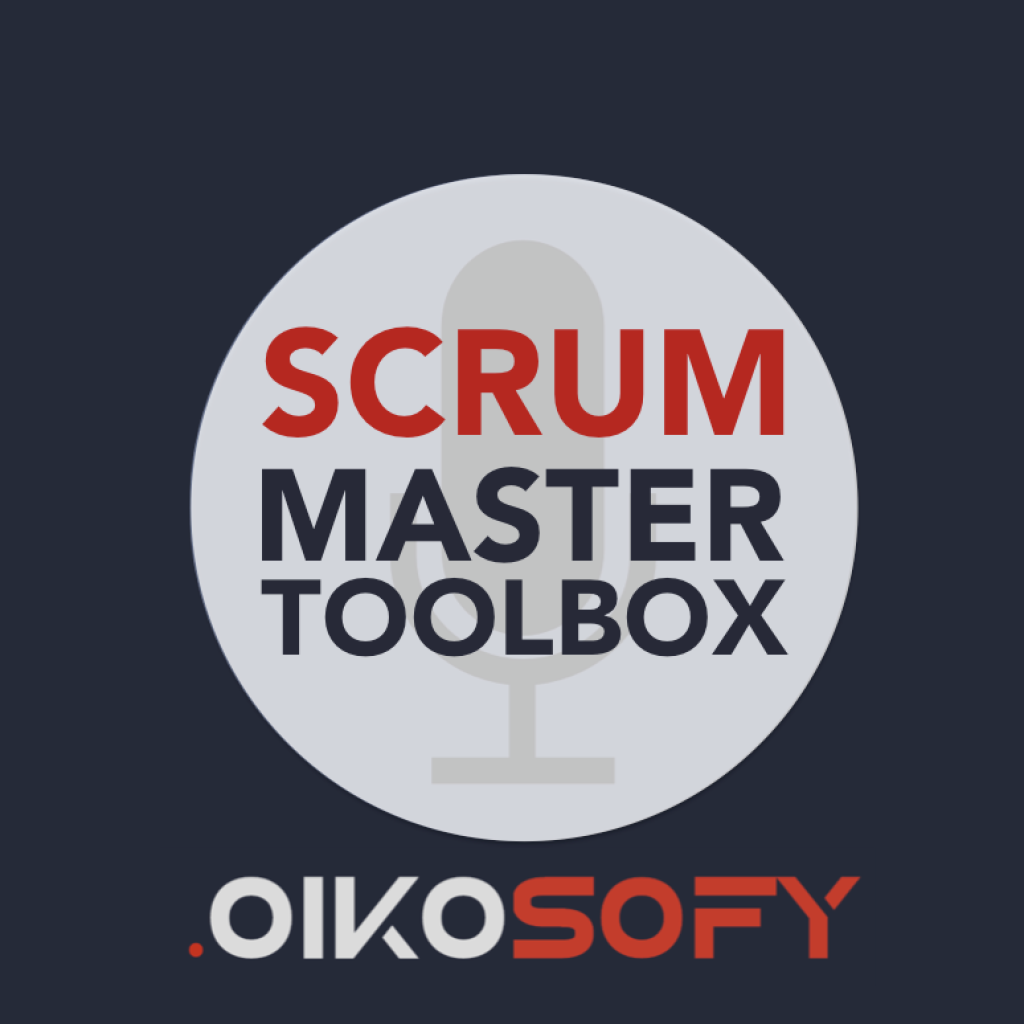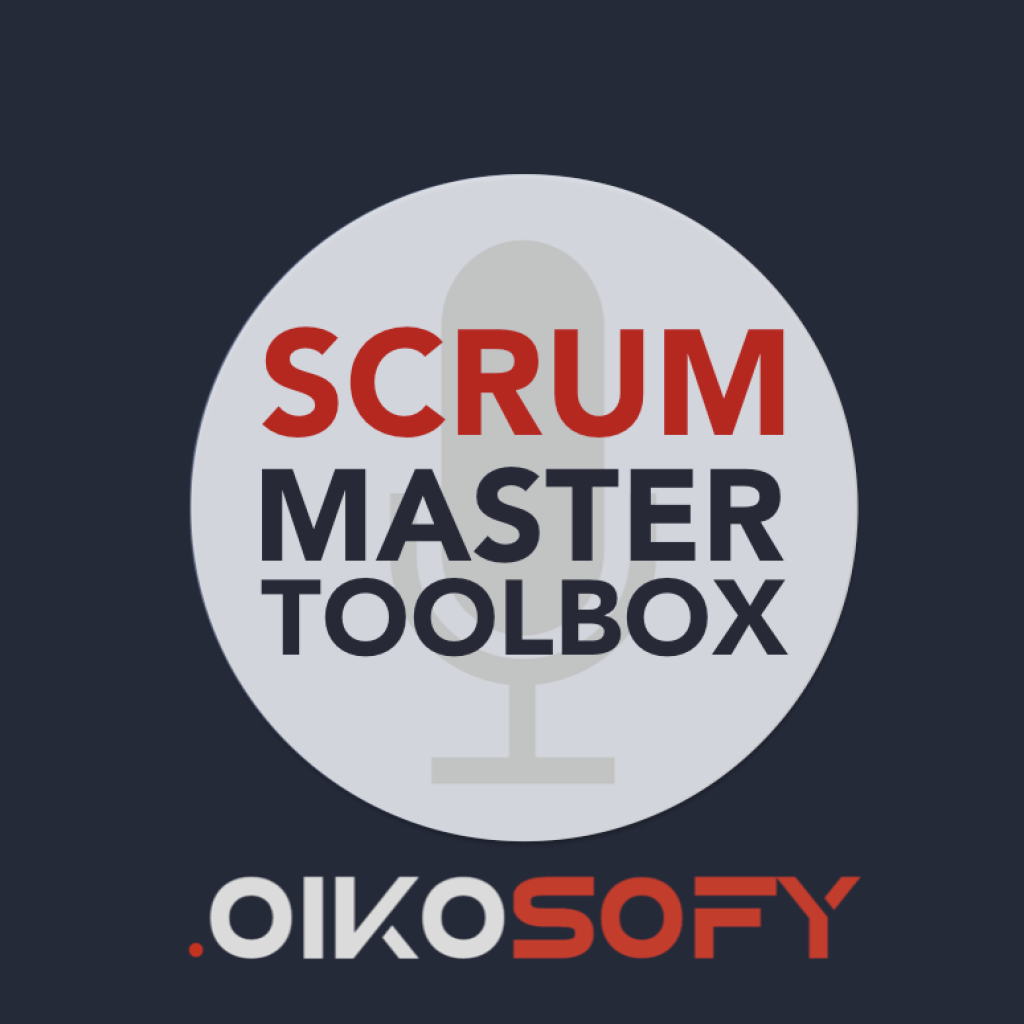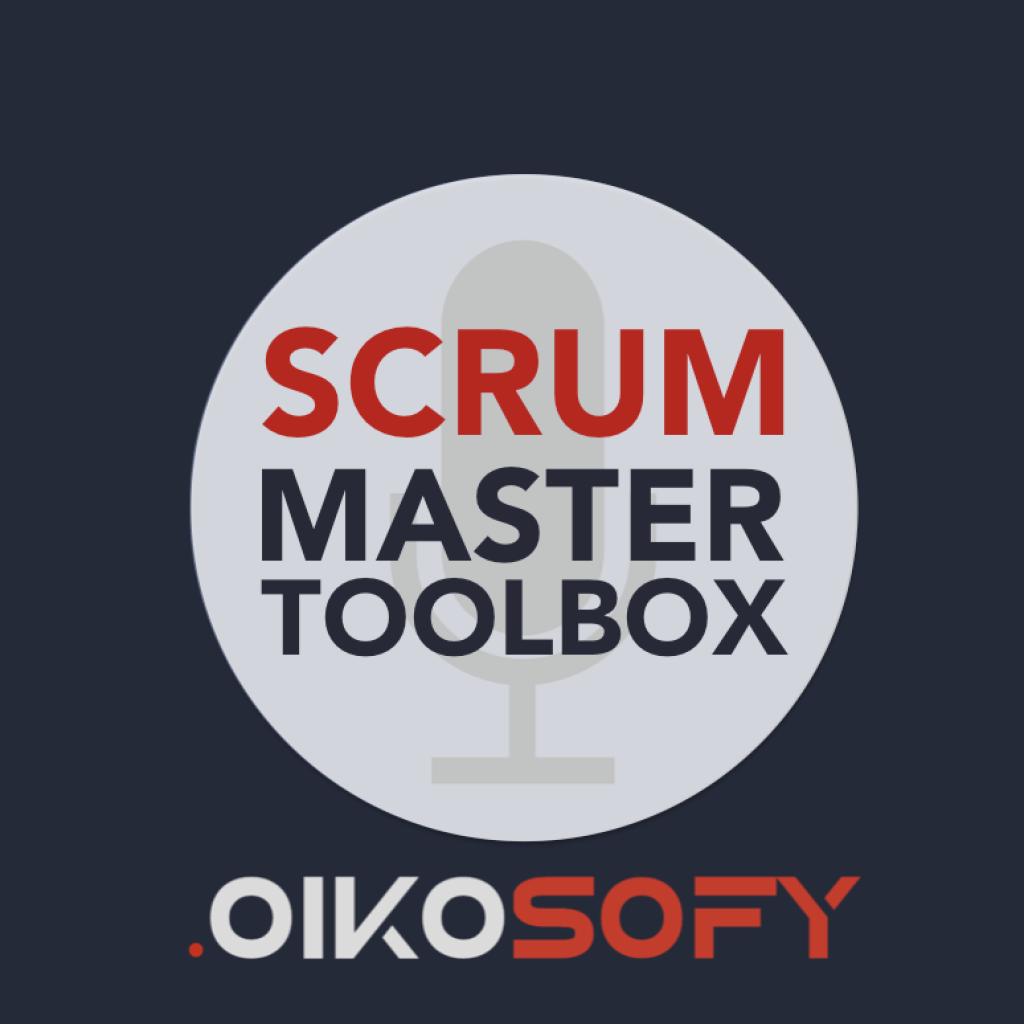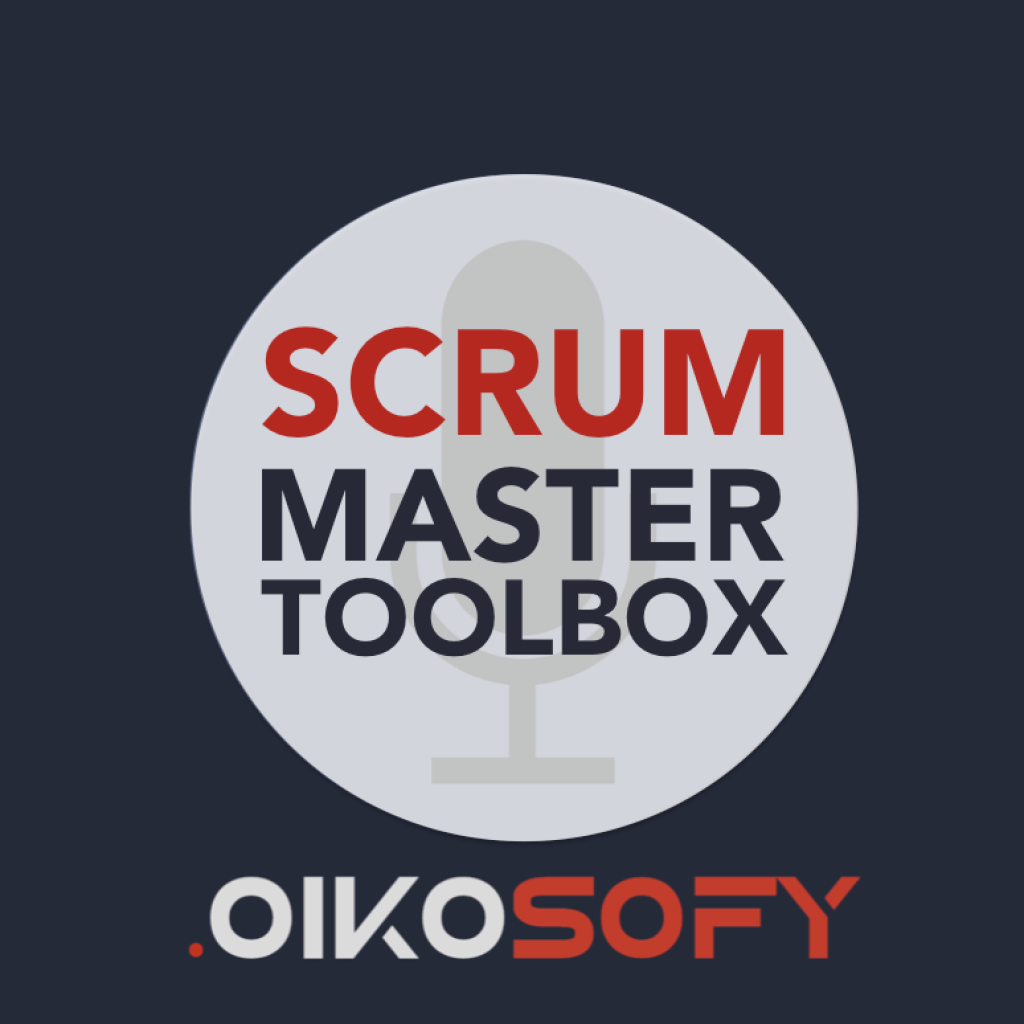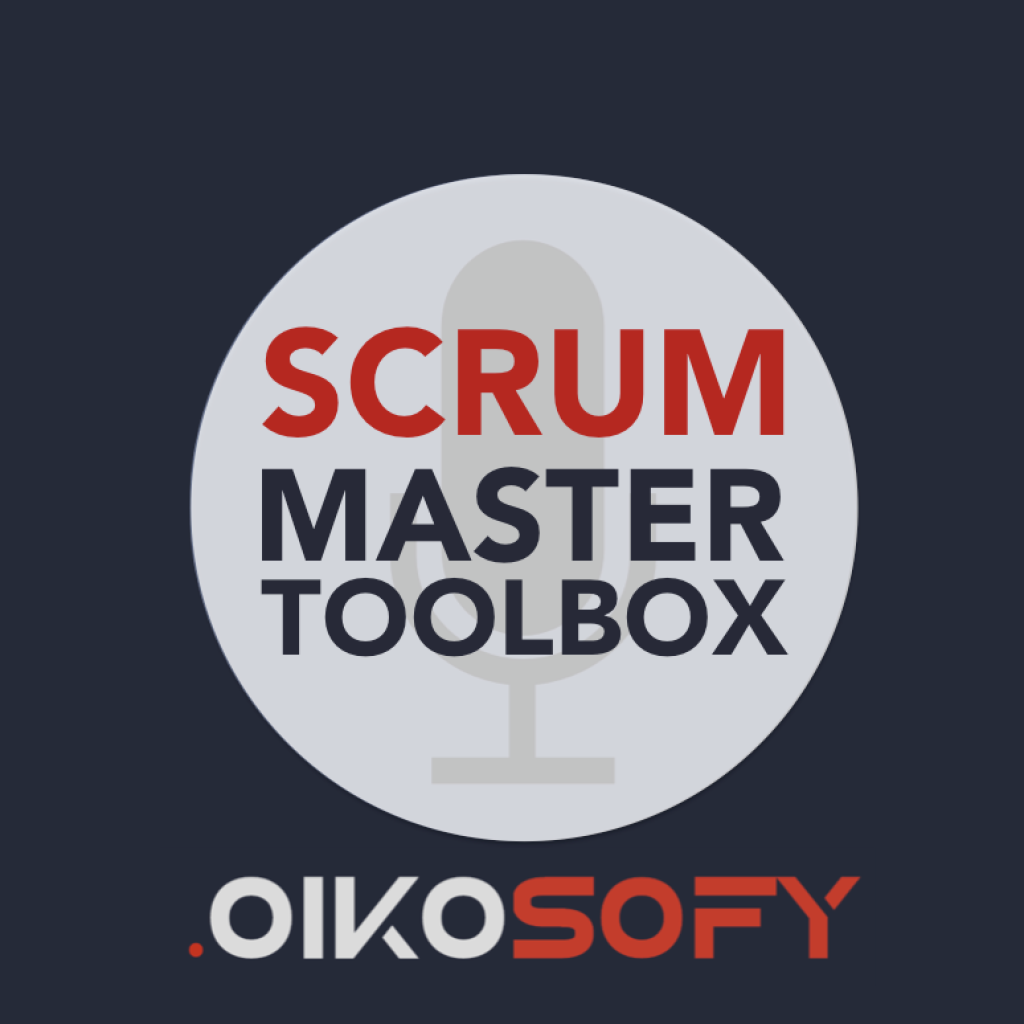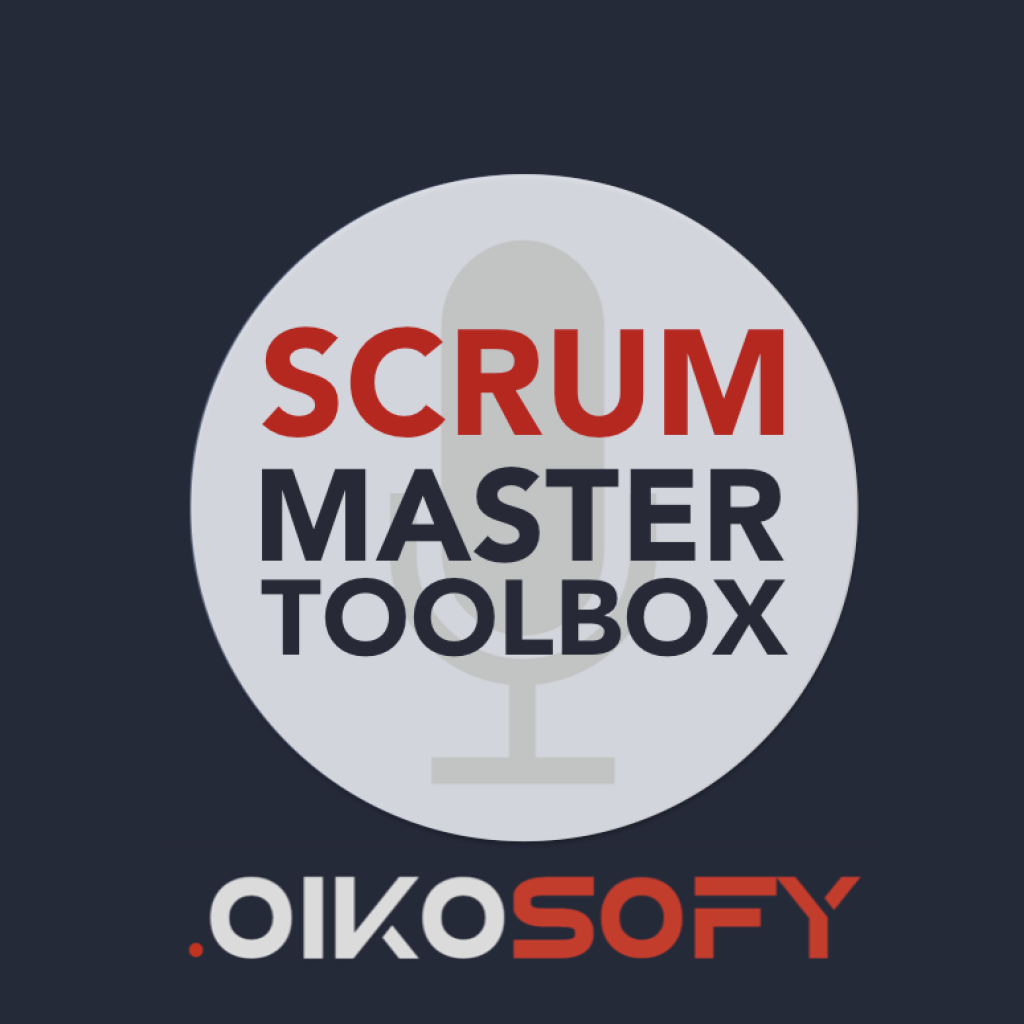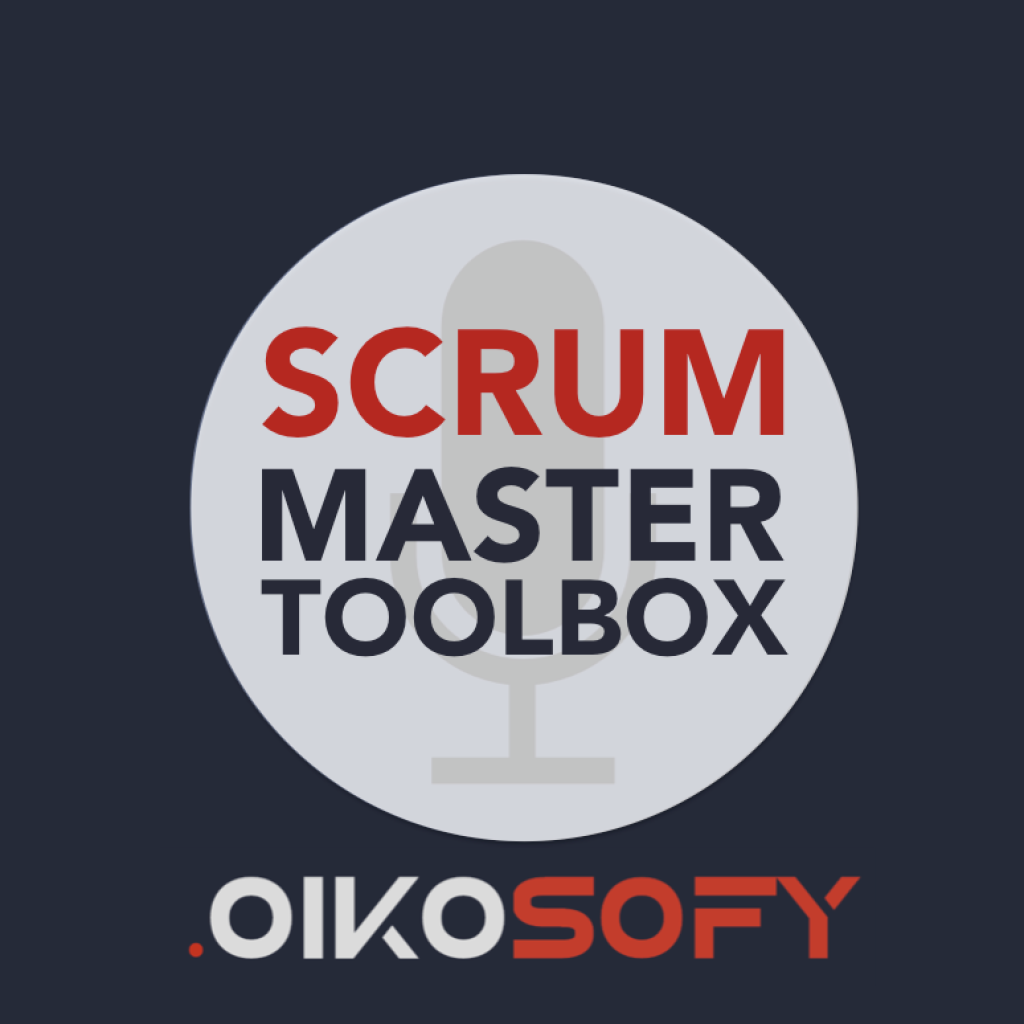When Product Owners Facilitate Vision Instead of Owning It | Alidad Hamidi
Description
Alidad Hamidi: When Product Owners Facilitate Vision Instead of Owning It
Read the full Show Notes and search through the world's largest audio library on Agile and Scrum directly on the Scrum Master Toolbox Podcast website: http://bit.ly/SMTP_ShowNotes.
The Great Product Owner: Co-Creating Vision Through Discovery
"The best product owner I worked with was not a product owner, but a project manager. And she didn't realize that she's acting as a product owner." - Alidad Hamidi
The irony wasn't lost on Alidad. The best Product Owner he ever worked with didn't have "Product Owner" in her title—she was a project manager who didn't even realize she was acting in that capacity. The team was working on a strategic project worth millions, but confusion reigned about what value they were creating. Alidad planned an inception workshop to create alignment among stakeholders, marketing, operations, advisors, and the team.
Twenty minutes into the session, Alidad asked a simple question: "How do we know the customer has this problem, and they're gonna pay for it?" Silence. No one knew. To her immense credit, the project manager didn't retreat or deflect. Instead, she jumped in: "What do we need to do?" Alidad suggested assumptions mapping, and two days later, the entire team and stakeholders gathered for the workshop. What happened next was magic. "She didn't become a proxy," Alidad emphasizes. She didn't say, "I'll go find out and come back to you." Instead, she brought everyone together—team, stakeholders, and customers—into the same room.
The results were dramatic. The team was about to invest millions integrating with an external vendor. Through the assumption mapping workshop, they uncovered huge risks and realized customers didn't actually want that solution. "We need to pivot," she declared. Instead of the expensive integration, they developed educational modules and scripts for customer support and advisors. The team sat with advisors, listening to actual customer calls, creating solutions based on real needs rather than assumptions. The insight transformed not just the project but the project manager herself. She took these discovery practices across the entire organization, teaching everyone how to conduct proper discovery and fundamentally shifting the product development paradigm. One person, willing to facilitate rather than dictate, made this impact. "Product owner can facilitate creation of that [vision]," Alidad explains. "It's not just product owner or a team. It's the broader stakeholder and customer community that need to co-create that."
Self-reflection Question: Are you facilitating the creation of vision with your stakeholders and customers, or are you becoming a proxy between the team and the real sources of insight?
The Bad Product Owner: Creating Barriers Instead of Connections
"He did the opposite, just creating barriers between the team and the environment." - Alidad Hamidi
The Product Owner was new to the organization, technically skilled, and genuinely well-intentioned. The team was developing solutions for clinicians—complex healthcare work requiring deep domain understanding. Being new, the PO naturally leaned into his strength: technical expertise. He spent enormous amounts of time with the team, drilling into details, specifying exactly how everything should look, and giving the team ready-made solutions instead of problems to solve.
Alidad kept telling him: "Mate, you need to spend more time with our stakeholder, you need to understand their perspective." But the PO didn't engage with users or stakeholders. He stayed comfortable in his technical wheelhouse, designing solutions in isolation. The results were predictable and painful. Halfway through work, the PO would realize, "Oh, we really don't need that." Or worse, the team would complete something and deliver it to crickets—no one used it because no one wanted it. "Great person, but it created a really bad dynamic," Alidad reflects. What should have been the PO's job—understanding the environment, stakeho

